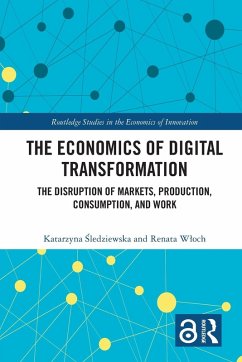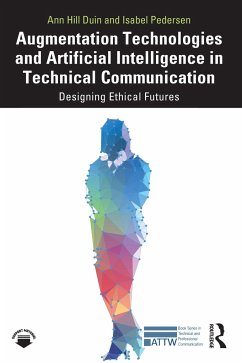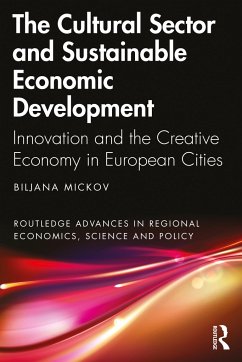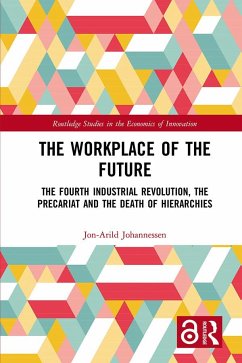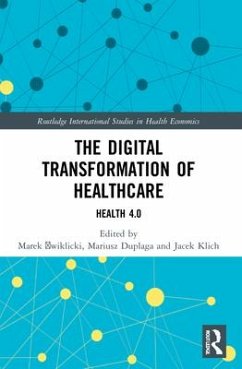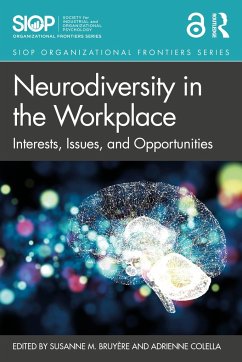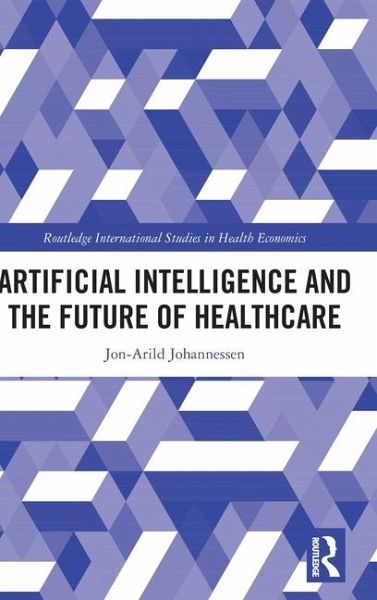
Artificial Intelligence and the Future of Healthcare
Versandkostenfrei!
Versandfertig in 6-10 Tagen
154,99 €
inkl. MwSt.
Weitere Ausgaben:

PAYBACK Punkte
77 °P sammeln!
The application of Artificial Intelligence (AI) in the healthcare sector is certain to boost levels of automation and productivity but, paradoxically, it will also increase the availability of "first line competence." At the same time as demographic trends are affecting demand for health and social care, the technological developments we are seeing make it highly likely that AI will play a decisive role in tackling the challenges our healthcare systems will encounter. This book reveals systemic connections to tackle questions about the potential impact of AI on future challenges in the healthc...
The application of Artificial Intelligence (AI) in the healthcare sector is certain to boost levels of automation and productivity but, paradoxically, it will also increase the availability of "first line competence." At the same time as demographic trends are affecting demand for health and social care, the technological developments we are seeing make it highly likely that AI will play a decisive role in tackling the challenges our healthcare systems will encounter. This book reveals systemic connections to tackle questions about the potential impact of AI on future challenges in the healthcare sector.
Specifically, it develops practical proposals for ways in which AI can be applied to solve these forthcoming issues. It emphasizes the importance of AI in what is known in the literature as human augmentation. The book's innovative perspective is apparent in the way it challenges conventional wisdom in the context of several pressing questions, such as:
- What opportunities and challenges could arise from the application of AI in the healthcare sector?
- How can the philosophy of medicine, viewed from a systemic perspective, help us to understand, explain, and resolve some of the future challenges in the healthcare sector?
- How could AI affect inclusive employment opportunities for people with disabilities?
The book also contains an underlying argument to the effect that the rational approach adopted by economists is perhaps less rational when applied to a healthcare sector that is crying out for more "first line competence."
The primary readership will be academic, but the book will also appeal to policymakers, consultants, HR departments, healthcare stakeholders, and related practitioners.
Specifically, it develops practical proposals for ways in which AI can be applied to solve these forthcoming issues. It emphasizes the importance of AI in what is known in the literature as human augmentation. The book's innovative perspective is apparent in the way it challenges conventional wisdom in the context of several pressing questions, such as:
- What opportunities and challenges could arise from the application of AI in the healthcare sector?
- How can the philosophy of medicine, viewed from a systemic perspective, help us to understand, explain, and resolve some of the future challenges in the healthcare sector?
- How could AI affect inclusive employment opportunities for people with disabilities?
The book also contains an underlying argument to the effect that the rational approach adopted by economists is perhaps less rational when applied to a healthcare sector that is crying out for more "first line competence."
The primary readership will be academic, but the book will also appeal to policymakers, consultants, HR departments, healthcare stakeholders, and related practitioners.





